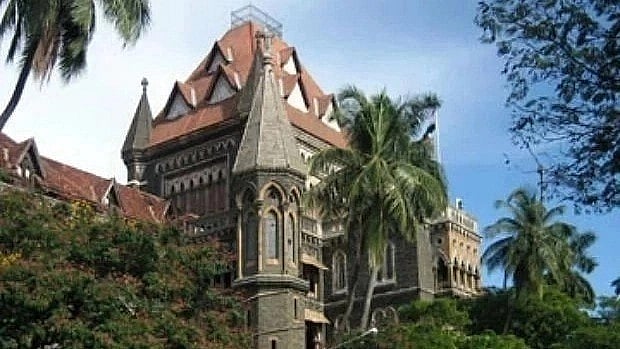Mumbai: The Bombay High Court, while granting bail to a man languishing in jail for the past 12 years, observed that long incarceration can have many negative effects on a person’s mental and physical health, potentially leading to depression and poor self-esteem.
The court further noted that the prolonged imprisonment, coupled with the possibility of the trial not being completed in the foreseeable future, justified granting him bail on a personal bond of Rs 25,000.
Nayar Abbas Nasir Hussain Sayyed was arrested by the Bhayander police in 2012 on charges of murdering two women after allegedly trespassing into their house with the intention of committing theft. Nayar’s advocate, Visshaal Khetre, stated that the accused had been in jail since 2012 and had filed for bail several times, but his applications were repeatedly rejected. “Finally, we brought to the court’s notice the long period of time that the accused had spent behind bars,” he said.
The court, presided over by Justice Milind Jadhav, in a 20-page judgment, maintained, “It is brought to the notice of the Court that trials are taking perpetuity to conclude and prisons are simultaneously overcrowded in some segments. This Court regularly deals with bail applications of under-trials who have been in custody for long periods and is equally aware of the conditions of our prisons.
“To give an example, in the city of Mumbai, recently in one of the cases before me, a report dated December 12, 2024, made by the Superintendent of Mumbai Central Prison and addressed to the Chief Government Pleader, was placed before me by the Public Prosecutor. It stated that the Mumbai Central Prison (Arthur Road Jail) is overcrowded beyond its sanctioned capacity by more than 5–6 times, with every barrack, sanctioned to house 50 inmates, currently accommodating anywhere between 220 to 250 inmates. Such an incongruity leads us to answer the proposition: ‘How can Courts find a balance between the two polarities?’,” the order copy says.
The court further maintained, “The case presented before the court concerns the liberty of an under-trial who has been incarcerated for 12 years, 6 months, and 21 days — a situation impacting the rights of an under-trial conferred by Article 21 of the Constitution to speedy justice and personal liberty.
Insofar as the power of the High Court to grant bail is concerned, when the case involves the question of personal liberty of an under-trial who has been incarcerated for a very long period, the powers are wide and unfettered by conditions, the principal rule being that bail is the rule and refusal is the exception, allowing accused persons to better prepare their defence.
The important issue which persuades me to consider the present case is the effect of long incarceration. It can have many negative effects on a person’s mental and physical health. Long incarceration can lead to post-incarceration syndrome, which may include depression, anxiety, and poor self-esteem. It can promote unhealthy behaviours like drug abuse.
Inmates face social stigma, which can disrupt relationships with family and friends. Incarcerated persons often suffer long-term consequences from having been subjected to pain, deprivation, and extremely atypical patterns and norms of living and interacting with others.
Prima facie, rather long incarceration exposes under-trial accused to a carceral environment, which can be inherently damaging to their mental health, compounded by the appalling conditions in prisons. Researchers have even theorized that incarceration can lead to Post-Incarceration Syndrome, a condition similar to PTSD.”
